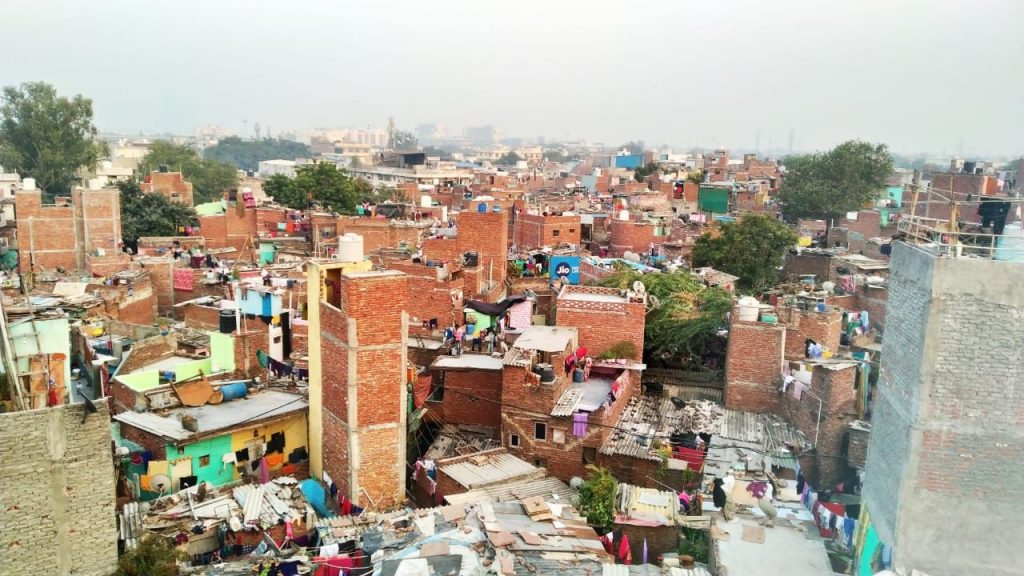kantharis in times of Corona

We started a global campaign, every day during the lockdown period, we introduce a different kanthari with a short (video) message on our Facebook page. The kantharis talk about the challenges in each country, about specific difficulties of their target group or group of beneficiaries and what is/can/could be done. In the meantime, paul and I have contacted several kantharis.
It is interesting how all kantharis around the world, besides all their regular challenges, now are facing the exact same issue: Corona.
It is eye-opening to hear about many different experiences and challenges.
Akhilesh who lives in the Sanjay-slum of New Delhi, explains how people live on top of each other,
“Social distancing is a joke! If the virus breaks out, we will experience a catastrophe. There are only a few ICU hospital beds, Slum dwellers will not be able to afford such a bed if necessary.”
When I asked the question, what we could learn from the crisis, Akhilesh started to laugh: “Oh, the streets are nice and clean, we buy and consume less, and we are not throwing things away so easily. Simple items suddenly gain value. So right now, there is less pollution.” Akhilesh is the founder of Planet Rakshak, an organization that aims to reduce the ever-growing amount of e-waste by extending the life of used but still working electronic devices. He collects and re-distributes such laptops and mobile phones to students who cannot afford to buy new ones.
Robert Malunda, a blind kanthari graduate of 2015, who is living in a slum in Bulawayo, Zimbabwe, talks about, how WHO orders everyone to wash their hands with soap multiple times per day. “How are we supposed to do that? We have neither soap nor clean water.”
Anumuthu from Pondicherry, a kanthari from the 2017 batch, is worried about the homeless. “Where shall people go in times of home quarantine? They are chased away by the police, and who stays will be beaten up. Many have to hide in parks and since the streets are deserted and no one throws food away, they are not able to feed themselves.” Anumuthu is the founder of Snehan, an NGO that is in the process to build a permanent crisis refuge home, similar to the ones that already exist in Kerala. But right now, he is paralyzed by the lockdown. “I feel helpless, because I cannot go out to the streets.” A few days later he messaged me with good news, it seemed that his worries were heard. The government of Pondicherry implemented a temporary shelter for homeless people in which they receive food and first aid. But Pondicherry and Kerala are still exceptions within India. Many others are not so lucky, with a lack of shelters, they have, because public transport is stopped, started a journey home, by foot. And because they now left areas where the Corona virus had shown its presence already, they might as well unknowingly carry it into the rural areas of India.
You can find the posts of the ‘kantharis IN TIMES OF CORONA’ series at www.facebook.com/kantharis
